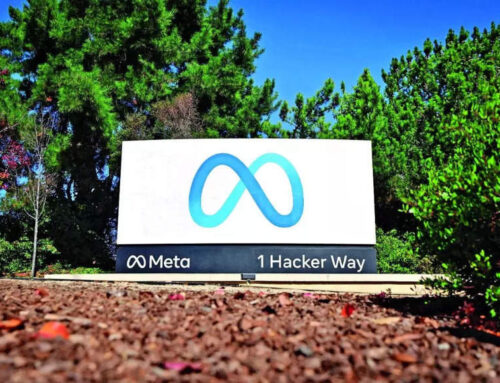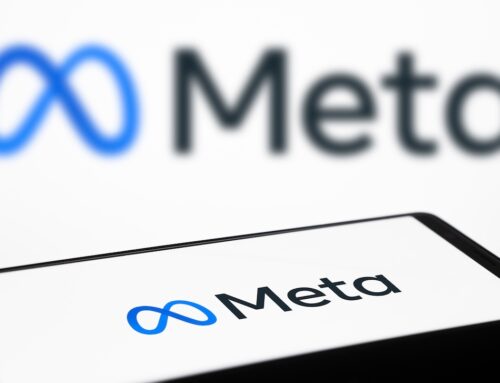Meta Partners With UNESCO on Indigenous Language Translation
February 8, 2025
Meta is partnering with world heritage organization UNESCO in a move that could lead to lesser-known Indigenous languages being incorporated into Meta AI, TechCrunch reports.
The Language Technology Partner Program is currently looking for contributors who can provide more than 10 hours of speech recordings with transcriptions. Contributors will also need to provide pre-translated sentences and a significant body of written work in the target language, which will then be used to build Meta’s AI systems.
The government of Nunavut, a territory in northern Canada that speaks a variety of endangered Native Inuit languages, has already signed up for the program as a partner, TechCrunch says.
Meta’s contributions to the translation and transcription space might not be as universally well-known as Google’s omnipresent Google Translate, but the company is devoting a lot of attention to it at the moment. In January, the tech giant’s AI research division previewed a new AI model that could reportedly translate speech from 101 different languages, which it presented as a key step toward a widely available speech-to-speech translation model.
Applications to join the Language Technology Partner Program will be open until March 7, 2025, and the next steps will be discussed no later than April 15, 2025.
“Ultimately, our goal is to create intelligent systems that can understand and respond to complex human needs, regardless of language or cultural background,” said a Meta spokesperson. “As we continue in this direction, we’re excited to collaboratively enhance and expand machine translation and other language technologies.”
Plenty of other leading translation apps have been turning their resources towards endangered languages; Google added the Inuit language Inuktut in October 2024, as well as Quechuan, a widely spoken Indigenous South American language spoken mainly in Peru in 2022.
Meta’s investment in AI remains high across the board. Last month, CEO Mark Zuckerberg announced Meta planned to end 2025 with “more than 1.3 million GPUs,” which would represent a doubling of its current GPU capacity, with the goal of powering edge AI assistants in the company’s upcoming Llama 4 model. The upcoming model plans to compete with high-profile rivals such as OpenAI’s ChatGPT and Google Gemini.
About Will McCurdy
Contributor

Read the latest from Will McCurdy
- Flashes, a Bluesky-Based Instagram Alternative, Starts Beta Testing
- Judge Blocks DOGE’s Access to Treasury Systems
- PlayStation Network Hit by Global Outage
- Texas Bans DeepSeek, RedNote, Lemon8 on Government Devices
- Musk’s DOGE Team Gains Access to Vital US Treasury Dept Payment System
- More from Will McCurdy
Search
RECENT PRESS RELEASES
Related Post








